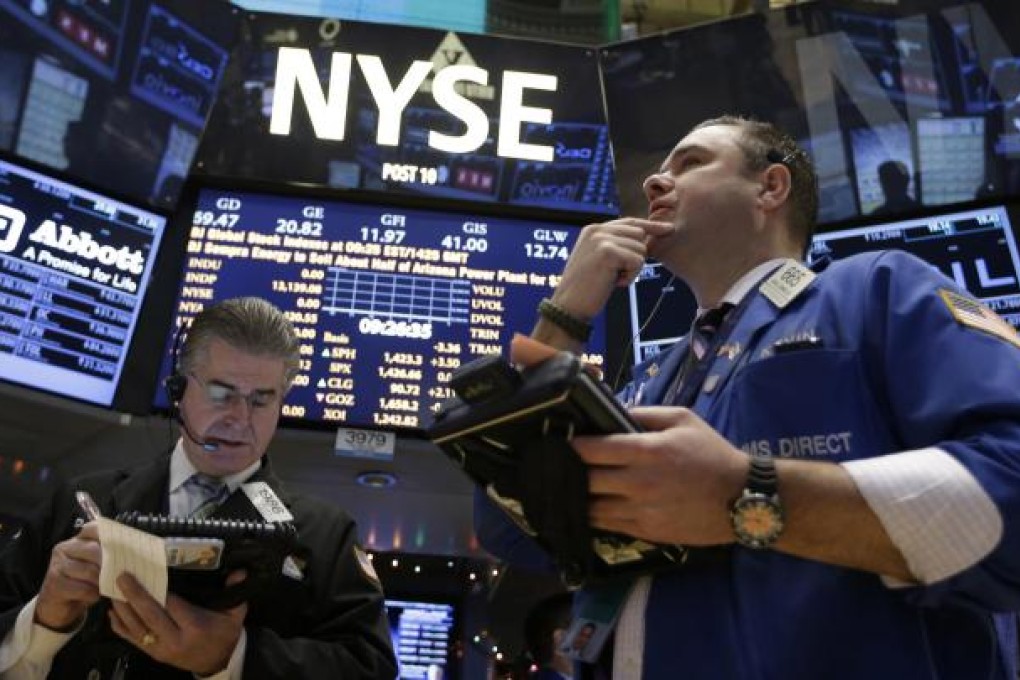A prayer for 2013
Politicians, economists and investors would do well to take time to look beyond the next microsecond to fixing longer-term problems

These are perilous economic and financial times. Leading dogmatic US politicians are determined to drive their country over the fiscal cliff, at the risk of tipping their nation and the ailing Western world into renewed recession with potentially devastating effects for the rest of the globe.

In China, the new government seems wedded to growth rates of 7.5 per cent a year, even though a wiser course would be to rebalance the economy towards consumption and the common man.
Rule No 12 of John Templeton's legendary golden rules for investment success seems appropriate: "Begin with a prayer."
Templeton was a Christian, but his reason for advocating prayer was not so much to ask an almighty power to deliver miracles. As Templeton explained: "If you begin with a prayer, you can think more clearly and make fewer mistakes."
In the holiday lull between Christmas and New Year it would be a good idea for politicians, economists and investors everywhere to offer a prayer and then enjoy some cool reflection on how to tackle the myriad issues facing them.